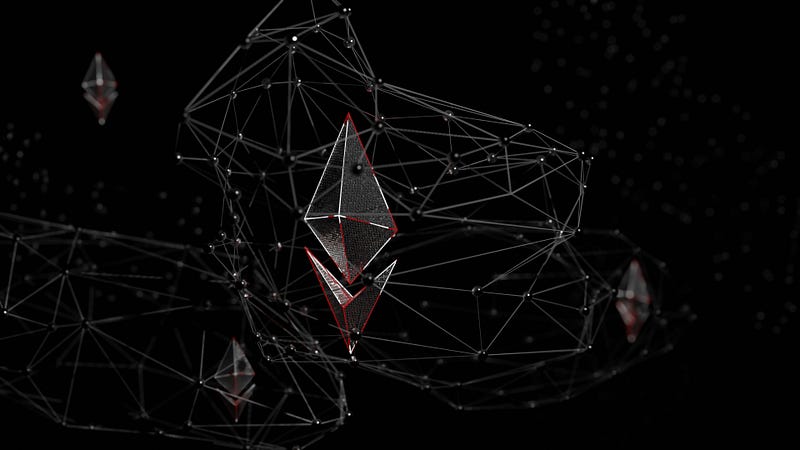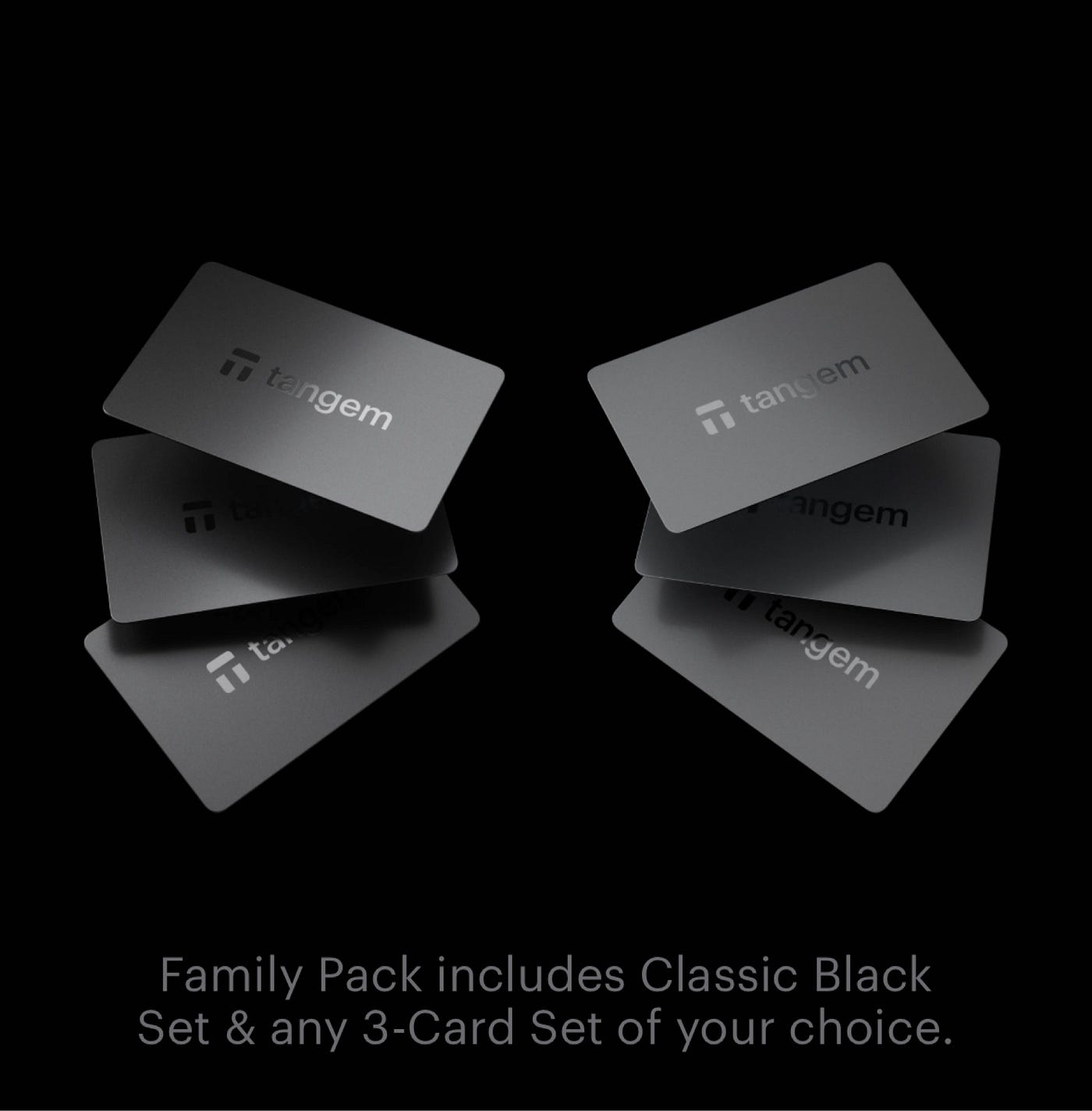The potential of blockchain
technology goes far beyond cryptocurrencies, and one of the sectors that
stands to benefit significantly from its application is healthcare. In this
article, we’ll delve into some of the most promising blockchain use cases in
healthcare, examining how this technology can revolutionize patient care, data
management, and more.
Enhancing Patient Data Management
Secure and Efficient Storage of Medical
Records
One of the main challenges in healthcare is
the secure and efficient management of patient records. Blockchain technology
can help overcome these hurdles by providing a decentralized, secure, and
tamper-proof platform for storing and sharing medical records.
Improved Privacy
and Control for Patients
With blockchain, patients can have more control
over their medical data, deciding who can access their information and under
what circumstances. This not only enhances privacy but also empowers patients
to take a more active role in their healthcare decisions.
Streamlined Data Sharing Across Providers
Blockchain can enable seamless data sharing
among healthcare providers, which is crucial for coordinated care,
especially in cases of emergencies or when dealing with patients
with complex medical histories.
Supply Chain Management and Drug
Traceability
Increased Transparency and Accountability
Blockchain technology can help create a
transparent, tamper-proof, and traceable record of the entire supply chain
process, from the manufacturing of pharmaceuticals to their distribution and
sale. This can increase accountability and help combat issues
like counterfeit drugs and supply chain inefficiencies.
Improved Patient Safety
By ensuring the authenticity and quality of
drugs through blockchain-based traceability, patient safety can be
significantly improved. Patients and healthcare providers can verify the origin
and quality of medications, reducing the risks associated with counterfeit or
subpar pharmaceutical products.
Clinical Trials and Research
Streamlining Data Collection and
Analysis
Blockchain technology can help streamline
the data collection and analysis process in clinical trials by providing a
secure, transparent, and tamper-proof platform for recording
and sharing trial data. This can improve the efficiency and
trustworthiness of clinical research.
Enhancing Collaboration Among
Researchers
Blockchain can facilitate collaboration
among researchers by providing a secure platform for sharing research data,
findings, and publications. This can help accelerate scientific
discoveries and improve the overall quality of healthcare research.
Internet of Medical Things (IoMT) and
Data Security
Securing Patient Data from Connected
Devices
As healthcare increasingly adopts connected
devices and wearables, the security of patient data becomes paramount.
Blockchain can help secure the data generated by these devices, ensuring that
it is stored and transmitted securely.
Enabling Data Sharing for Personalized
Care
By securely storing and sharing data from
connected devices, blockchain can enable personalized and remote care, allowing
healthcare providers to monitor and treat patients more effectively based on
their unique health data.
Healthcare Financing and Administration
Streamlining Medical
Billing and Claims Processing
Blockchain can help automate and streamline
medical billing and claims processing, reducing administrative burdens and
improving efficiency. This can lead to cost savings for both healthcare
providers and patients.
Transparent and Efficient Healthcare Funding
Blockchain can also be used to create
transparent and efficient systems for healthcare funding, such as crowdfunding
platforms for medical research or patient support. This can democratize access
to healthcare resources and promote innovation in the field.
Conclusion
In summary, blockchain technology has the
potential to revolutionize the healthcare sector in numerous ways, from
improving patient data management and supply chain
transparency to enhancing clinical research and streamlining
healthcare financing. As the technology continues to mature, it is likely that
we will see even more innovative applications of blockchain in healthcare.
Frequently Asked Questions (FAQs)
1. How can blockchain help with patient
data management?
Blockchain can help secure and efficiently
store medical records, facilitate data sharing among healthcare providers, and
give patients more control over their healthcare data.
2. What are the benefits of using
blockchain in the pharmaceutical supply chain?
Blockchain can increase transparency,
traceability, and accountability in the pharmaceutical supply chain, helping to
combat issues like counterfeit drugs and supply chain inefficiencies.
3. How can blockchain improve clinical
trials and research?
Blockchain can streamline data collection
and analysis in clinical trials, improve collaboration among researchers, and
provide a secure platform for sharing and storing research data.
4. What role can blockchain play in
healthcare financing and administration?
Blockchain can help streamline medical
billing and claims processing, as well as create transparent and efficient
systems for healthcare funding, such as crowdfunding platforms for
medical research or patient support.
5. Can blockchain technology improve
security in the Internet of Medical Things (IoMT)?
Yes, blockchain can help secure the data
generated by connected medical devices and wearables, ensuring that it is
stored and transmitted securely.


